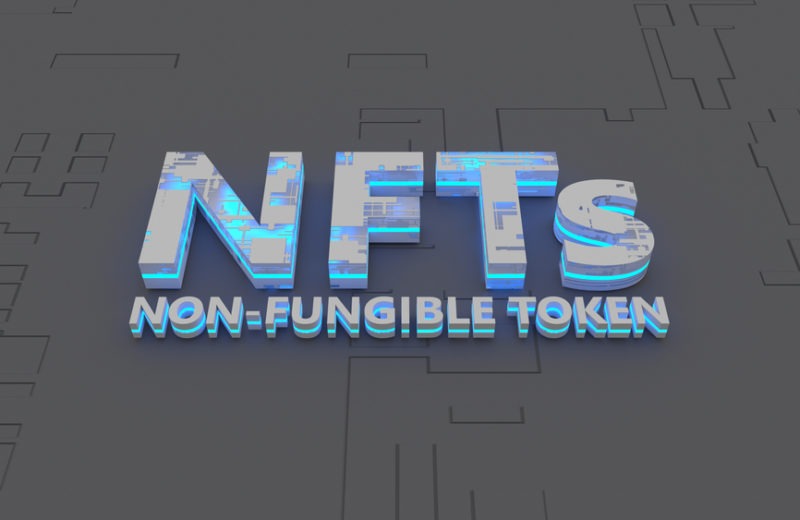Smart Contracts 101: How do they work and what to know?
Key Takeaways:
- Automated Execution: Contracts on blockchain networks automatically carry out actions when conditions are met, removing the need for intermediaries.
- Blockchain technology ensures contracts are enforced fairly and efficiently, protecting against manipulation and unauthorized access. This provides transparency and security in agreements.
- Efficiency and Autonomy are achieved through these contracts. They eliminate middlemen such as brokers or lawyers. This speeds up processes and allows people to have full control over their agreements.
- Accuracy and Reliability: Utilizing automation and devoid of human intervention, these contracts minimize the risk of errors associated with traditional contracts, ensuring precise and reliable execution of terms and conditions.
- Future Implications: As technology advances, it will be used in more than just finance. It will also be used in government and real estate, changing how transactions and agreements are done.
With the emergence of crypto and altcoins, along with blockchain technology, it’s common to encounter another technological innovation that often raises questions—smart contracts.
But what exactly do smart contracts represent, and how do they function within blockchain-based systems? Smart contracts are self-executing contracts written in programming languages and deployed on blockchain networks.
Utilizing blockchain technology’s inherent Security and transparency, these contracts automatically execute predefined actions when specified conditions are met.
This eradicates the necessity for intermediaries and guarantees the impartial and efficient enforcement of agreements.
How do Smart Contracts work exactly? Let’s get started with the basics, shall we?
What are Smart Contracts, and how do they work?
Smart contracts, as the name implies, function similarly to traditional contracts but with a key distinction. Unlike conventional agreements typically documented on paper and requiring certification from an authoritative body, blockchain smart contracts operate autonomously.
Like computer programs, these contracts are written in code and stored on a blockchain—a public, decentralized ledger or network.
They encapsulate the terms of an agreement within their code and once triggered, the smart contract code automatically executes the specified terms. This authentic approach eliminates the need for intermediaries and ensures the transparent and impartial execution of agreements within the blockchain ecosystem.
Platform for Exchange
Smart contracts help exchange assets like money, property, shares, or valuable items.
These contracts are encoded with specific instructions for contract execution and are written to leverage distributed ledger technology capabilities, such as Ethereum smart contracts.
By utilizing this innovative technology, these contracts enable transparent and automated transactions without intermediaries. These contracts appeal to those wanting transparency and control in transactions. They simplify processes and remove the need for intermediaries.
Advantages of Smart Contracts

Apart from automating contracts and serving as an exchange means, smart contracts sport a variety of case uses, not only in the financial world but also beyond. This technology, spurted by blockchain tech, has various advantages to offer.
Autonomy
As we have mentioned, you no longer need the services of a middleman. You’re agreeing, so goodbye brokers, lawyers, or other intermediaries.
At the same time, you remove third parties from their chance to manipulate the contract to their liking. The network does the execution instead of individuals who have an interest.
Safety
Smart contracts use cryptography technology, which is encryption. This helps keep your documents safe from hacking. Reports have it that only those super smart hackers can infiltrate the processes and terms of these contracts.
Smart contracts automate agreements and act as a form of exchange. They have many uses, not just in finance but also in other areas.
Speed
Time is a precious resource, and its efficient utilization is paramount. Whether financial or otherwise, significant time is often spent on paperwork and manual processing of agreement terms when employing traditional contracts.
However, smart contracts introduce a revolutionary solution. Utilizing simple, smart contract software codes, these contracts automate tasks, significantly reducing the time required for contract processing.
This automation liberates individuals from tedious administrative tasks, affording them more time to allocate toward essential activities, such as monitoring and maximizing earnings.
Precision
Smart contracts offer speed, cost-effectiveness (as no middlemen fees are involved), and exceptional accuracy. Since they operate autonomously, there’s no room for human errors or interventions.
However, ensuring that the contract’s underlying program covers all potential error scenarios is essential.
Conclusion: The Future of Smart Contracts
The nascent stage of smart contract technology indicates that it’s still evolving, presenting ample opportunities for advancement and innovation. Blockchain technology is being used in finance, government, and real estate to make things easier and more transparent. Smart contracts are agreements stored on a blockchain.
They solve real-world problems and change how transactions and agreements work.
Their integration with cryptocurrencies and blockchain technology signifies a transformative shift in finance and politics, heralding a new era characterized by decentralized, efficient, and secure systems.
Smart contracts are advancing and becoming more widely used. They can improve trust, cut out intermediaries, and make quicker and more accurate transactions. This exciting frontier holds immense promise for reshaping our socio-economic landscape.
















